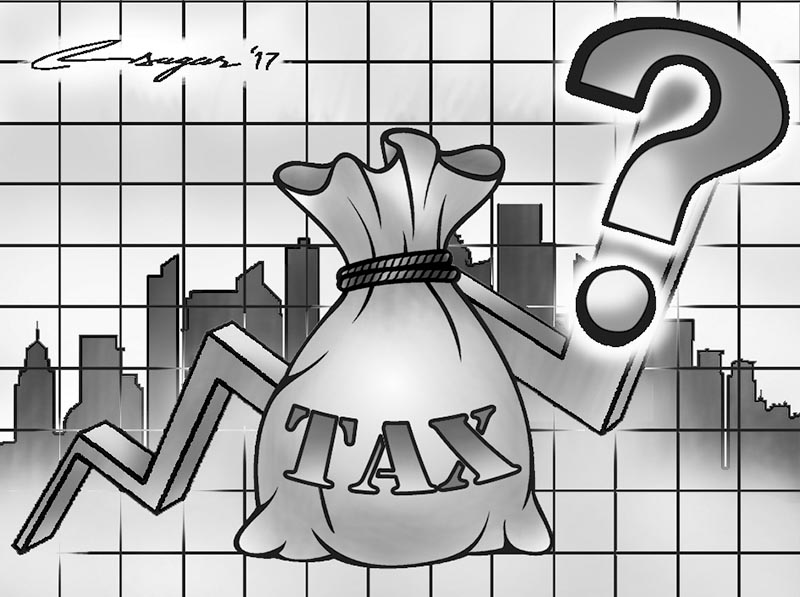Private sector anxious about cross-verification of financial statements
Kathmandu, June 19
The government has again introduced the provision of cross-verifying the financial statements submitted by the taxpayers to the banks and financial institutions (BFIs) through the federal budget 2018-19.
Meanwhile, the Inland Revenue Department (IRD) has started discussions with Nepal Rastra Bank (NRB) — the central regulatory and monetary authority — for execution of this provision as the central bank is at present drafting the monetary policy for the next fiscal.
The announcement of cross-verification of the financial statements submitted by taxpayers to the BFIs and the tax office was made in 2016 through the budget presented by erstwhile finance minister Bishnu Poudel. However, it had not been implemented.
There was an incident in Bharatpur of Chitwan district some six years back, when tax officers were manhandled by cloth merchants when the tax officials were conducting raids in the shops. Since then the issue of cross-verification of financial statements has repeatedly come up in the public speeches of finance ministers.
The private sector has taken the government’s move of cross-verification as a tool to scare the private sector. “We are not favouring those communities that have been preparing different book keepings for different purposes, but the government’s move to cross-verify the financial statements is intended to scare the private sector,” one of the past presidents of the Federation of Nepalese Chambers of Commerce and Industry told The Himalayan Times on condition of anonymity.
However, government officials have said that this step is being taken to control the rampant revenue leakages prevalent due to business firms submitting fake financial details. Officials have claimed that this provision, in turn, will also minimise the credit risk of the BFIs as the borrowers will have to submit accurate financial statements at different agencies because the details can be easily cross-checked.
It is reported that around 60 per cent of the taxpayer firms is not fully complying with the tax laws. Private sector leaders have said that there is no logic behind the government’s argument that floating credit based on fabricated balance sheets of the firms will lead BFIs to a crisis.
Normally, the BFIs do not issue loans without valuating the collateral, according to the private sector. “The balance sheet presented at the tax office shows the real business efficiency of the taxpayers because they do not want to get penalised for evading taxes.”
The government may lose the confidence of the private sector if they start micromanaging the enterprises and start unnecessary harassment of private businesses in the name of cross-verification of financial statements, as per the private sector.






